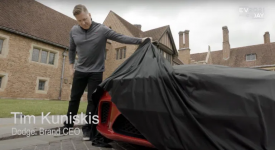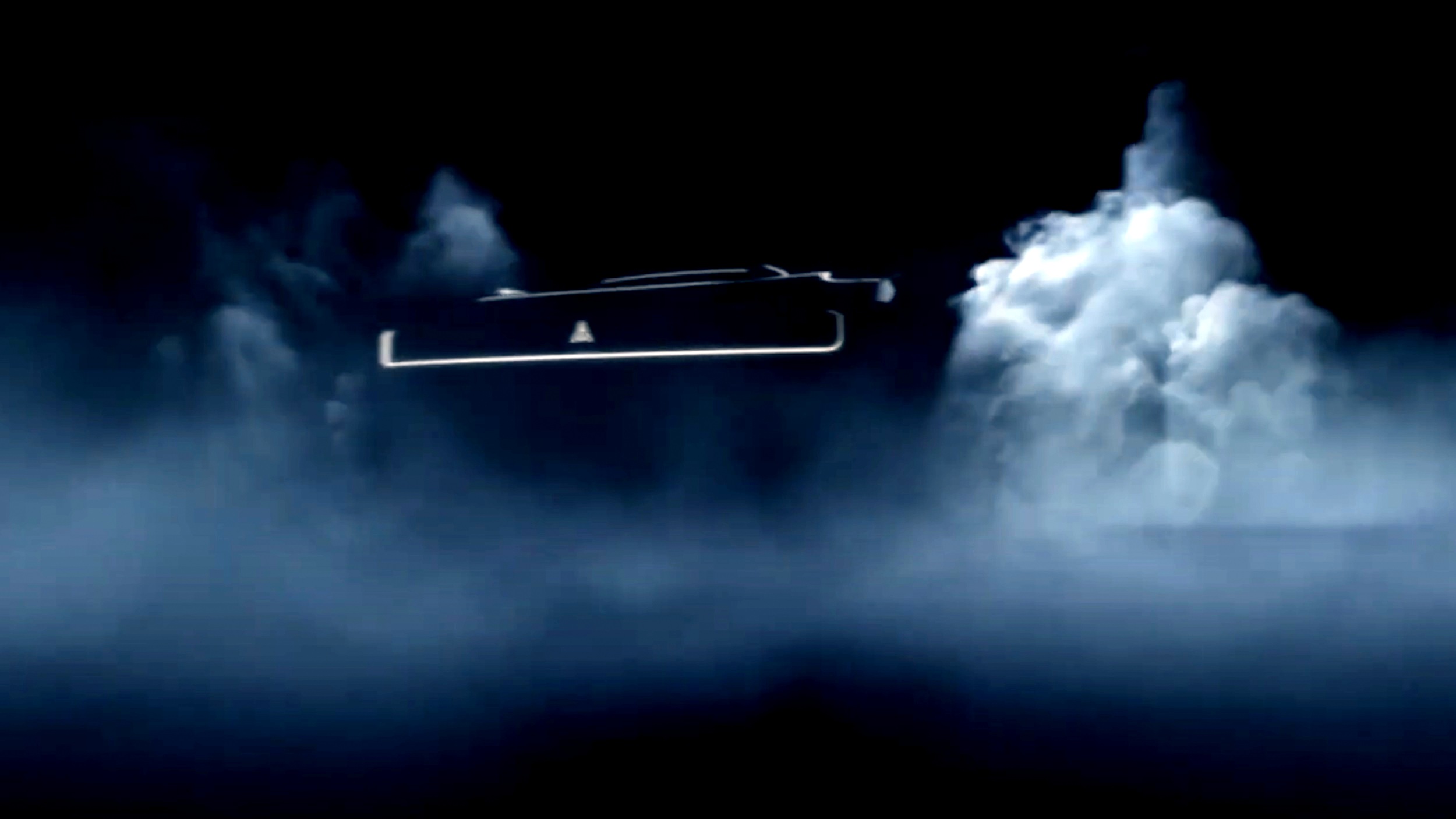Dodge Teases Next Generation Of eMuscle Cars During EV Day 2021 Presentation:
All-Electric Dodge Muscle Car Will Be Coming To Market In 2024...

With the era of supercharged HEMI engines coming to an end, Stellantis made sure that the Dodge brand was 1 of the 6 brands chosen from the 14 brand portfolio to discuss its future electrified intentions during the company’s EV Day 2021 presentation. In recent interviews, Dodge CEO Tim Kuniskis promised a special surprise for Dodge enthusiasts during the event. Instead of an unveiling, we were treated with a bit of information and a teaser of the future of Dodge electrified muscle cars or eMuscle cars as they are calling it.

Dodge Teases Next Generation Of eMuscle Cars During EV Day 2021 Presentation:
With the era of supercharged HEMI engines coming to an end, Stellantis made sure that the Dodge brand was 1 of the 6 brands chosen from the 14 brand portfolio to discuss its future electrified intentions during the company's EV Day 2021 presentation. In recent interviews, Dodge CEO Tim Kuniskis...
 moparinsiders.com
moparinsiders.com
Last edited by a moderator:
